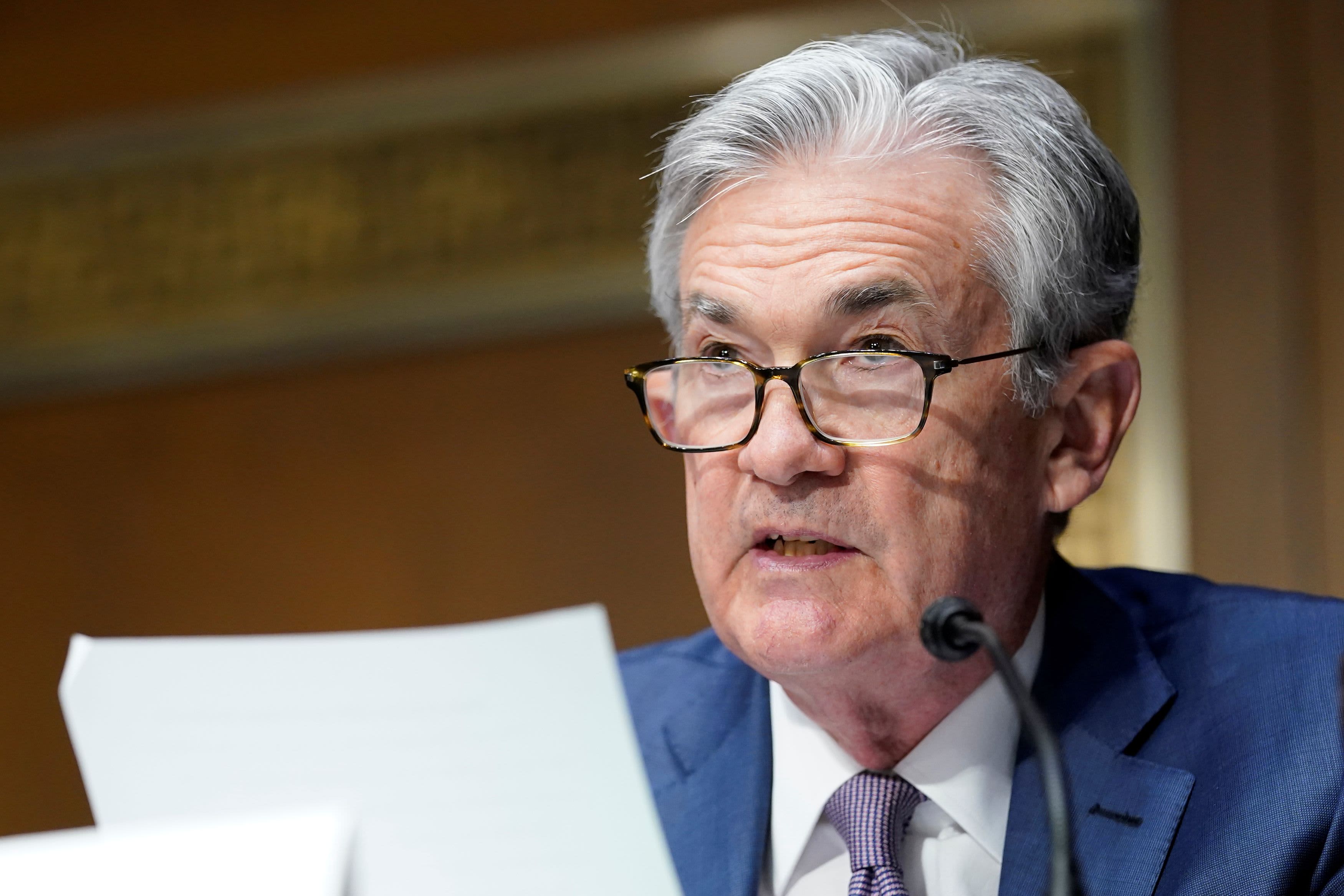
The Federal Reserve has taken another step forward in efforts to ensure that the financial system is protected from climate risks.
As the central bank draws more and more attention to the issue, the Fed has created a Committee on the Climate of Financial Stability and a Committee on the Climate of Supervision.
The panels will focus on “the potential for complex interactions across the financial system,” Fed Gov. Lael Brainard said in statements Tuesday.
“Climate change and the transition to a sustainable economy also pose risks to the stability of a broader financial system. Therefore, a second basic pillar of our framework is to address the macro-financial risks of climate change.” added Brainard.
The Climate Monitoring Committee will focus on identifying risks and developing a program to address them. The Financial Stability Climate Committee will address the “macroprudential risks” of how the climate could pose systemic risks to the institutions overseen by the Fed.
While taking on the climate issue represents a broadening of the Fed’s role in overseeing banks and other financial institutions, officials have stressed the potentially damaging impact climate-related events can have on the system.
The central bank had begun asking large institutions to assess the potential impact of the climate and how they were prepared to withstand significant events. Brainard was the first Fed official to start talking about the issue, saying in late 2019 that he wanted his colleagues to start considering how climate events could affect monetary policy.
“Financial market participants who do not establish frameworks to assess and address climate-related risks could face significant losses in climate-sensitive assets caused by environmental changes, a disorderly transition, or both,” Brainard said.
He added that “robust risk management” in several areas “can help ensure that the financial system is resilient to climate-related risks and well-positioned to support the transition to a sustainable economy.”
However, the movement to address climate change has received some backlash from Republicans in Congress, who are concerned that the Fed is overstepping its existing mandate.
At a hearing Tuesday before the House Financial Services Committee, Fed Chairman Jerome Powell faced questions about whether the central bank should be involved in the matter.
For his part, Powell has indicated that climate change is not central to the Fed’s mission, but it is important.
“It’s very early to try to understand what all this means. Clearly, it can have long-term implications for our economy, our financial system, and the people we all serve,” Powell said. “These are early days, but we believe we have a responsibility to start the process of understanding” the risk.
Powell said examining the impact of climate change is part of ensuring institutions are “resilient” to risks.